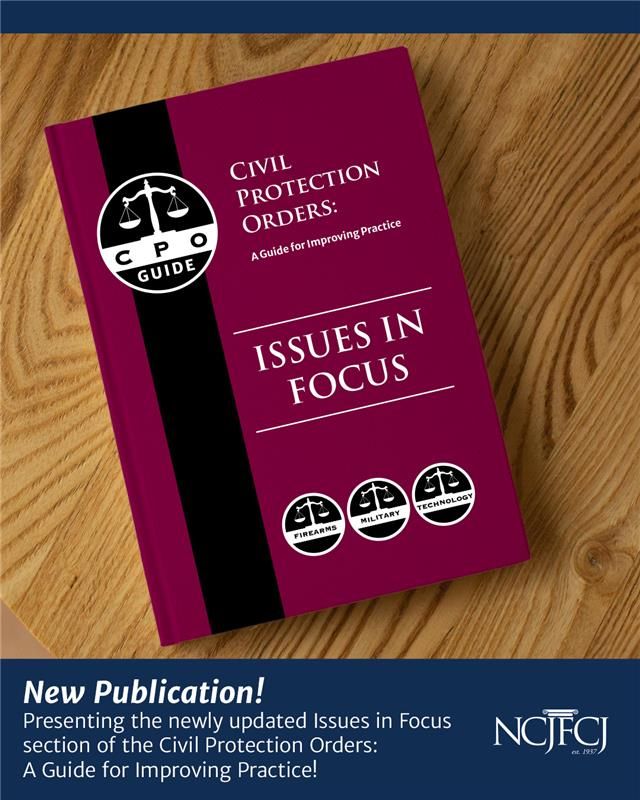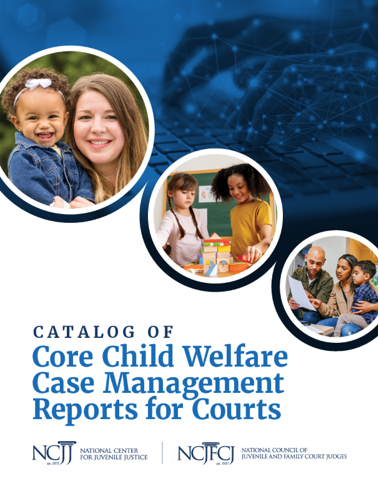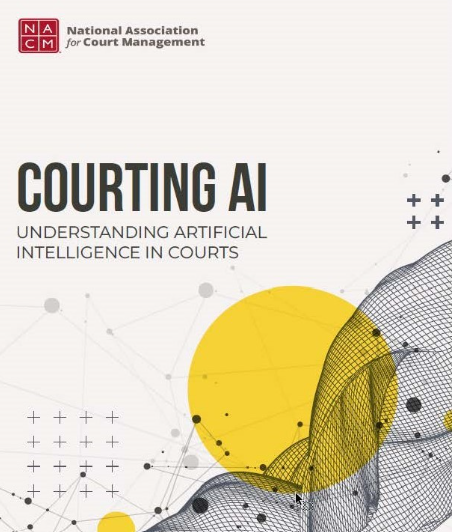As it gears up to finalize recommendations, the Conference of Chief Justices and Conference of State Court Administrators (CCJ/COSCA) Committee on Legal Education and Admissions Reform (CLEAR) held a National Convening on the Future of Legal Education and Admissions last week at the University of Cincinnati College of Law. The convening was in partnership with the American Bar Association (ABA) Council on Legal Education and Admissions, the Association of American Law Schools (AALS), AccessLex Institute, the Law School Admission Council, the Law School Survey of Student Engagement, the National Conference of Bar Examiners, and the National Association of Law Placement.
CLEAR background
Established by an August 2023 joint resolution of CCJ/COSCA, CLEAR has a broad mandate to assess the current state of legal education, define standards for minimum competence to practice law and the skills necessary to be practice-ready upon graduation, and identify ways to prepare and incentivize public interest lawyering.
The March 14 national convening brought together a diverse array of stakeholders from law school deans, bar educators, bar admissions, the courts, and the practicing bar to tackle the evolving challenges confronting the legal profession and to brainstorm innovative solutions for legal education and bar admissions.
Read the full article from NCSC here: Stakeholders gather to map future of legal education | NCSC






